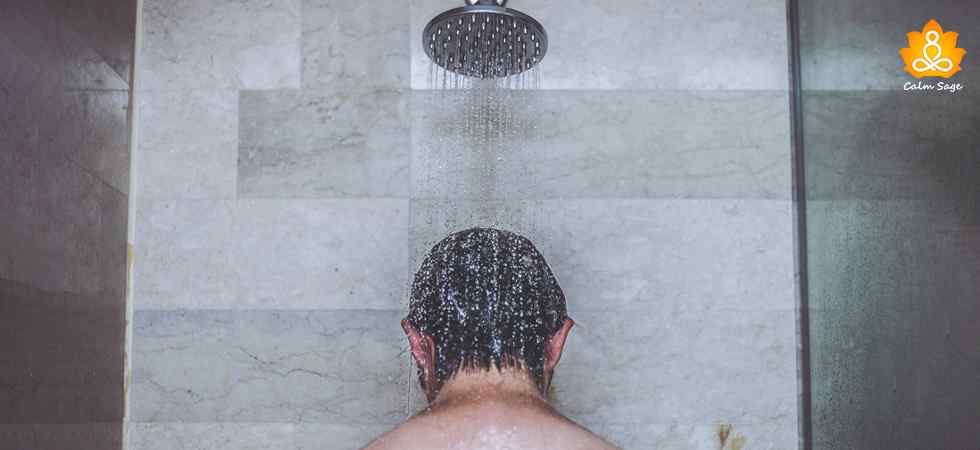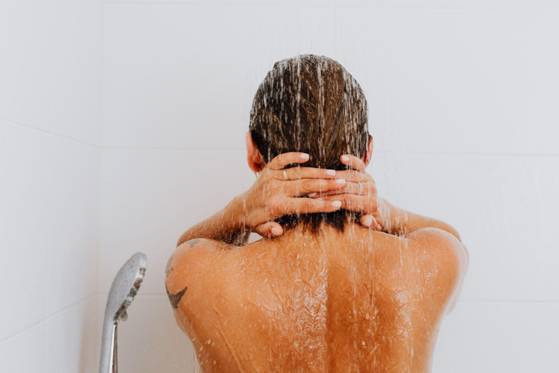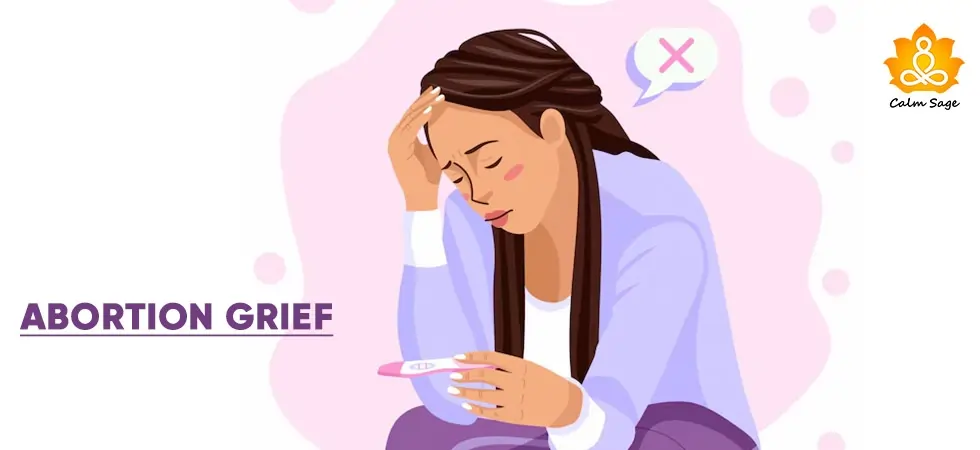Is Excessive Showering a Sign of Depression? Know What to Do!

Depression is a complex and serious mental health disorder that can manifest in various forms and types, influencing various aspects of your life and health. One of those aspects is your personal hygiene – yes, you read it right – depression can claim your way of maintaining your hygiene.
While some people with depression find it hard to maintain good hygiene, others show excessive showering as a way of expressing their inner emotional turmoil. Trust me, as someone who still experiences episodes of depression, it can be hard to complete the basic chores like getting out of bed, eating, and even sleeping, so I get where you come from. If you struggle with a lack of personal hygiene or – well, excessive care about your hygiene – you’re not alone.
In this article, we’re exploring the reasons why excessive showering can be a sign of depression and the ways you can maintain good hygiene when you’re depressed.
Why Does Excessive Showering Happen When Depressed?

It is possible to be obsessed with hygiene when you’re struggling with poor mental health. Conditions like OCD – obsessive-compulsive disorder – and depression can affect how you care for yourself. Here are some common reasons why excessive showering can be an indicator of depression;
- It’s a way of escape. For people who struggle with depression, a long, warm shower can become a way of escape from the overwhelming negative emotions they experience. The sensation of hot water against their skin can be a temporary relief from pain, leading them to look at showering as a coping mechanism.
- It’s a way to control their lives. For some people, depression can take away their sense of control over their lives. In contrast, maintaining personal hygiene can provide a small sense of accomplishment and control. Excessive showering may be a way to regain some control where they feel out of control otherwise.
- It’s a way to grapple with feelings of isolation. Depression can also cause social withdrawal and self-isolation. When people avoid social interactions, they may also neglect personal hygiene. Excessive showering can be a way to counteract feelings of isolation.
Why Maintaining Hygiene is Harder When Depressed?
If you’re one of those people who find themselves sitting in the shower for hours on end and still being unable to maintain good personal hygiene, then these could be some factors;
- Lack of Energy: One of the symptoms of depression is extreme fatigue. If you live with depression, then you may often struggle to have the energy needed for basic self-care routines, such as showering, brushing your teeth, etc.
- Negative Thoughts: Depression can also distort your thinking and self-perception, leading to feelings of worthlessness and self-hatred. This negative thinking can result in a low sense of self-worth, making personal hygiene seem unimportant.
- Cognitive Issues: Depression can impair your cognitive functions such as concentration and even memory. This issue can lead to forgetfulness in taking care of your hygiene or an inability to focus on self-care.
Are There Side Effects of Excessive Showering?

You might not feel them, but yes, there could be some side effects of excessive showering. While it’s not harmful in moderation, when excessive showering becomes a compulsive habit, then it can have potential side effects. Excessive showering side effects can include;
- Skin Dryness: When you expose your body to frequent hot water showers or baths, it can strip your skin of its natural oils, causing dryness, itching, and irritation.
- Isolation: Sometimes, excessive showering can also lead to isolation and withdrawal from social activities. Yes, excessive showering can be a cause and side effect, both, as you prioritize showering over spending time with friends and family.
- Obsessive-Compulsive Disorder (OCD): Excessive showering can be a symptom of OCD, a mental health condition that can include intrusive thoughts and repetitive behaviors.
- Risk of Infections: Yes, it may be ironic, but excessive showering can weaken the skin’s natural defense mechanisms, making you more susceptible to infections.
Tips to Maintain Good Hygiene When Depressed
So, now that you know how excessive showering can be a sign of depression and how excessive showering can have its side effects, here are some tips to help you maintain good hygiene when you’re depressed;
- Stick to a Routine: Create a daily or weekly hygiene routine as it can provide a structure and make it easier to prioritize self-care. Set aside specific times for activities like showering, brushing your teeth, and more.
- Start Small and Don’t Rush: Know that small steps toward maintaining good hygiene are also achievements when dealing with depression. So, start by creating achievable goals and slowly work your way up to more lengthy self-care routines.
- Seek Social Support: Reach out to your friends or family members who can help motivate and support you in maintaining good personal hygiene. Sometimes, a gentle reminder or a helping hand can make a huge difference in your life even when you feel alone and isolated.
- Seek Professional Help: If depression is impacting your daily hygiene and your ability to perform your tasks, consider seeking professional help. Therapy and medication can help you in managing depression and its effects on personal hygiene.
- Be Self-Compassionate: Practice the art of self-compassion and self-acceptance. Understand that depression is a disorder and not a personal failure. Remind yourself to be kind to yourself, and do not blame yourself when you struggle with self-care during depression and its episodes.
Wrapping Up…
Excessive showering can be a sign of depression as it can be taken as a coping mechanism, an escape, or a way to regain a sense of control over your life that you seem to lose when you’re struggling with depressive symptoms. It’s important to recognize that depression can make it harder for anyone to maintain good hygiene because of factors such as lack of energy, negative thoughts, and cognitive issues.
With the right support system, professional help, and maintaining a routine, you can take constructive steps forward and create a good relationship with yourself as well as a self-care routine that suits you best while coping with depression.
Remember, recovery is just a step away. All you need to do is take that step and ask for help.
I hope this blog helped you understand how excessive showering can be a sign of depression and what to do about it. Let me know what you think about the blog in the comments below.
Take Care!




















